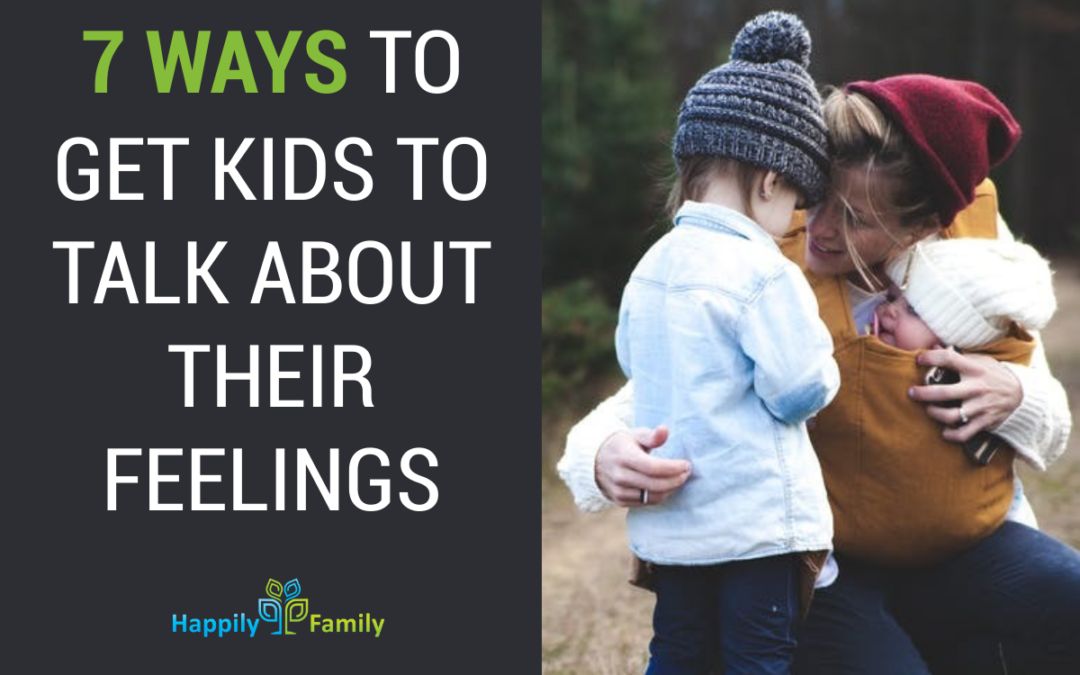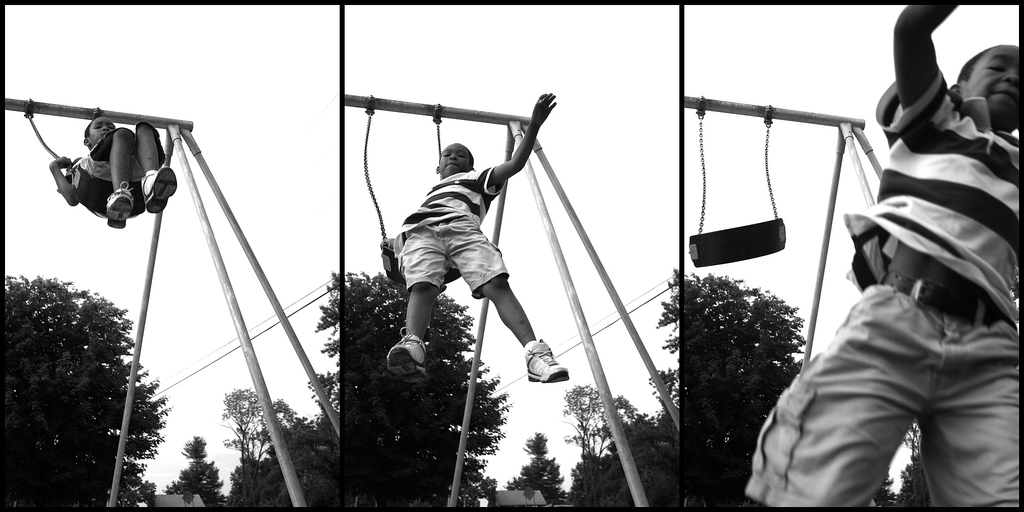In our culture, we so often ask each other, “How are you?” And we so often give surface-level answers like, “I’m good” / “I’m fine” / “I’m busy”.
As parents, we want to know how our kids are doing and feeling. Their feelings are a window into their soul, their deepest self. Their feelings are instructive and important.
It’s hard to have a deep connection with another person if we don’t talk about our feelings.
So how do we get kids–especially the reluctant ones–to talk about their feelings? Or what if you live with a teen who has stopped talking to you as much, how can you encourage them to open up?
We don’t want to force them. We also don’t want to seem too needy or to have “an agenda”.
7 Communication Pitfalls
Here are 7 communication pitfalls–and how to avoid them–to encourage reluctant kids or teens to talk about their feelings.
Don’t freak out
Kids won’t talk about their feelings if they believe it will worry you, or create discomfort for you.
Solution: Be calm and confident in their ability to handle difficult situations. Say, “I’m confident that you will be able to get through this”. If needed you can ask what they would do if they get “in over their head”. Say, “If you get stuck you can come to me or go to ____ for help.”
Don’t take their feelings personally or get defensive
Even if a child is upset with you, let them express themselves completely before you offer your point of view. Don’t get upset that they didn’t come sooner to talk to you (they came as soon as they could).
Solution: Listen completely. Reflect back to them what you’ve heard… even if it’s a complaint about you. After kids are completely heard then they can start to listen to you.
Don’t blame them
Avoid saying, “I told you so” or “You got what you deserve” or “What did you expect to happen?” If a child is struggling with a situation they already probably feel vulnerable, incompetent, embarrassed, or ashamed.
Solution: Show them kindness and compassion (even if you “told them so”). Say, “You really didn’t want that to happen” or “That makes sense”. Your kindness and compassion will show them that they can come to you even when they have messed up.
Don’t shut down the conversation
Adults sometimes shut down conversations by asking a child to go have their feelings in another room, telling them to “calm down” (telling kids to calm down doesn’t help them to calm down), or just not being available.
Solution: You don’t have to be available for your kids all the time, if you’re busy then just say so, and state when you will be free. If you aren’t “emotionally available” then take a break. Say “I’m having a tough time right now. It’s not you’re fault. I’m going to take a break for ___ minutes and then we can talk more.”
Don’t invalidate their feelings
Don’t say, “That’s not such a big deal” or “You’re just being dramatic/too sensitive.” or “You just want attention.”
Solution: Have empathy. Say “That makes sense that you’d feel that way” or “It sounds like you’re feeling ___. Is that how you feel?” or “Oh, I hear you”.
Don’t accuse a child of lying
Nothing shuts down a conversation quicker than if you say to a child that they aren’t telling the truth.
Solution: When a child says something that you don’t think is true, ask more questions. Say, “Help me understand____” or “How did ___ happen?” Ask “Is there something else about this that you’re afraid to tell me?” Reassure your child. Say, “You’re not going to be in trouble.” Kids lie to adults most frequently to avoid getting in trouble, if you remove this concern then you’ll have a deeper conversation.
Don’t always wait for kids to come to you
This one varies from child to child. Some kids will open up after you make it clear that you are interested in having a conversation; other kids will talk only if they come to you. Kids are less likely to open up to us if they sense we are being needy, or too attached, or we have an agenda or an expectation of them.
Solution: Initiate conversations with your child sometimes. Be curious. Show interest in their life. Seek them out. Ask about how things are going. Ask about the tough stuff. Say “Tell me more”, “What else is going on?”
For most children, it’s natural to share their feelings. Avoid these communication pitfalls and maximize the likelihood that your children will continue to talk about their feelings for years to come… even through their teen years!
Which of these strategies are you going to use the next time you talk to your children? Share in the comments below.










I need examples of how l can let go of my past trauma during childhood. I’ve literally let it destroy my adulthood.
Kevin, thank you for reaching out. Unfortunately we’re not qualified to help. I’d recommend finding a therapist; Psychology Today has a directory, which could be a good place to start. I wish I could do more for you.
Lot’s of don’ts actually didn’t even read the article because I’m looking for positive steps I can take.
That makes sense. And if you look underneath the “don’t’s” there are examples of what to do and positive steps to take for each heading. I agree that we need to look for examples of what to DO rather than what not to do. Sorry that it wasn’t more clear.